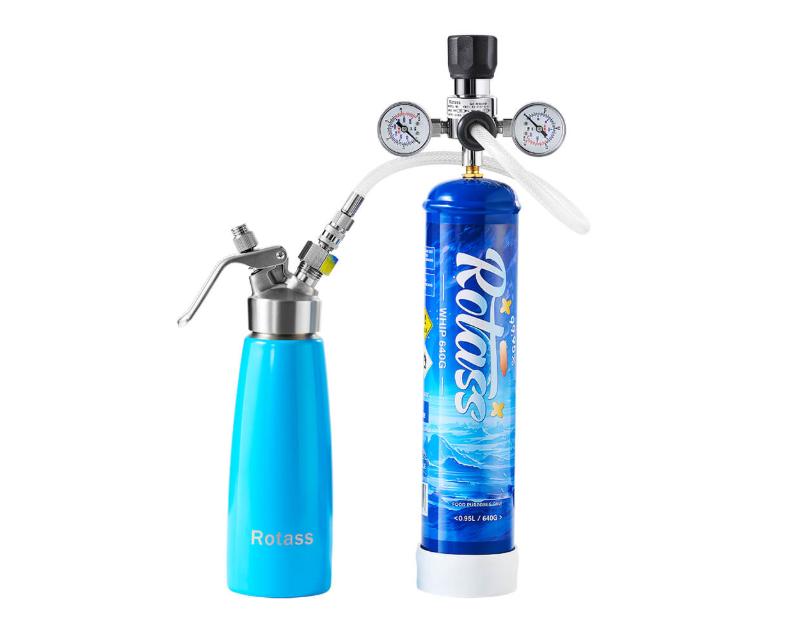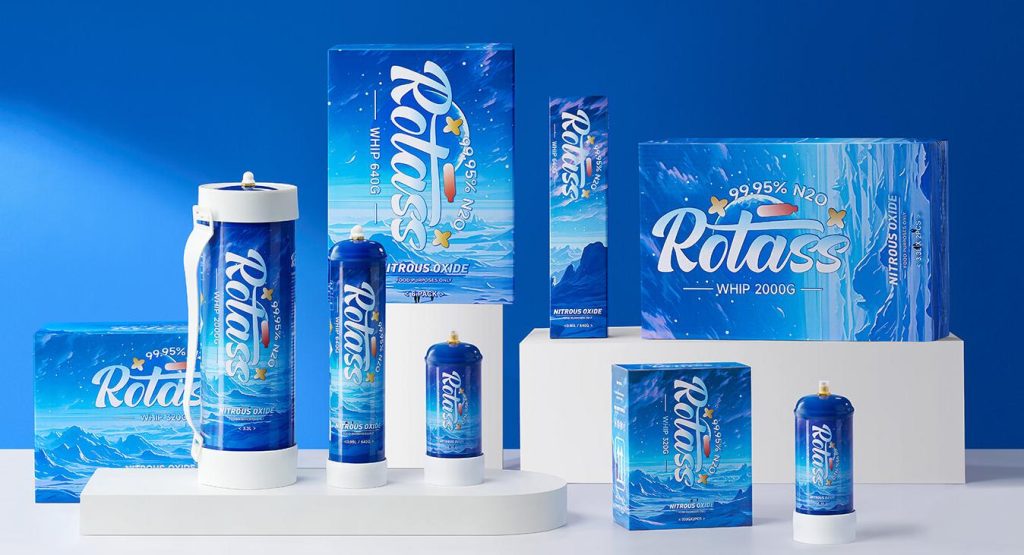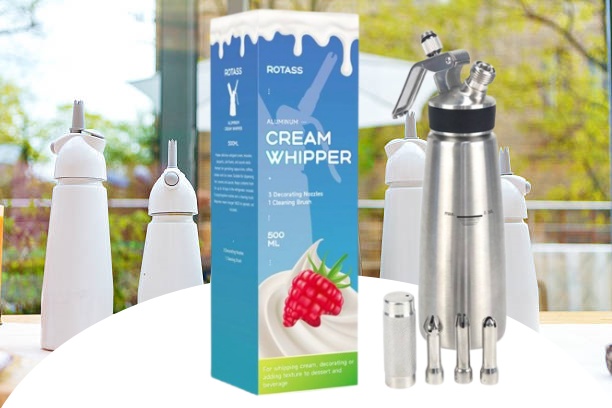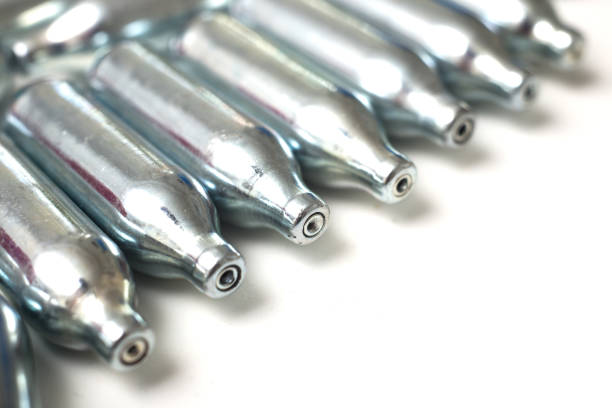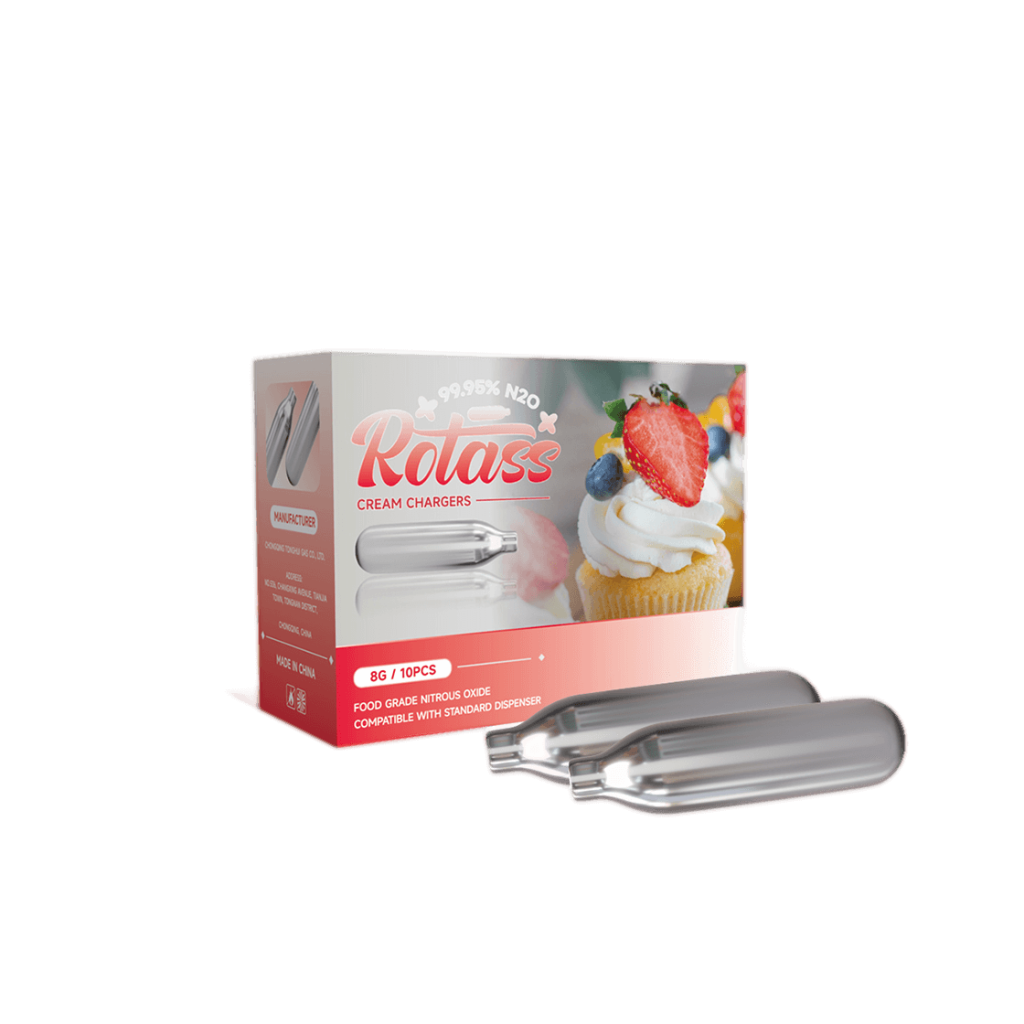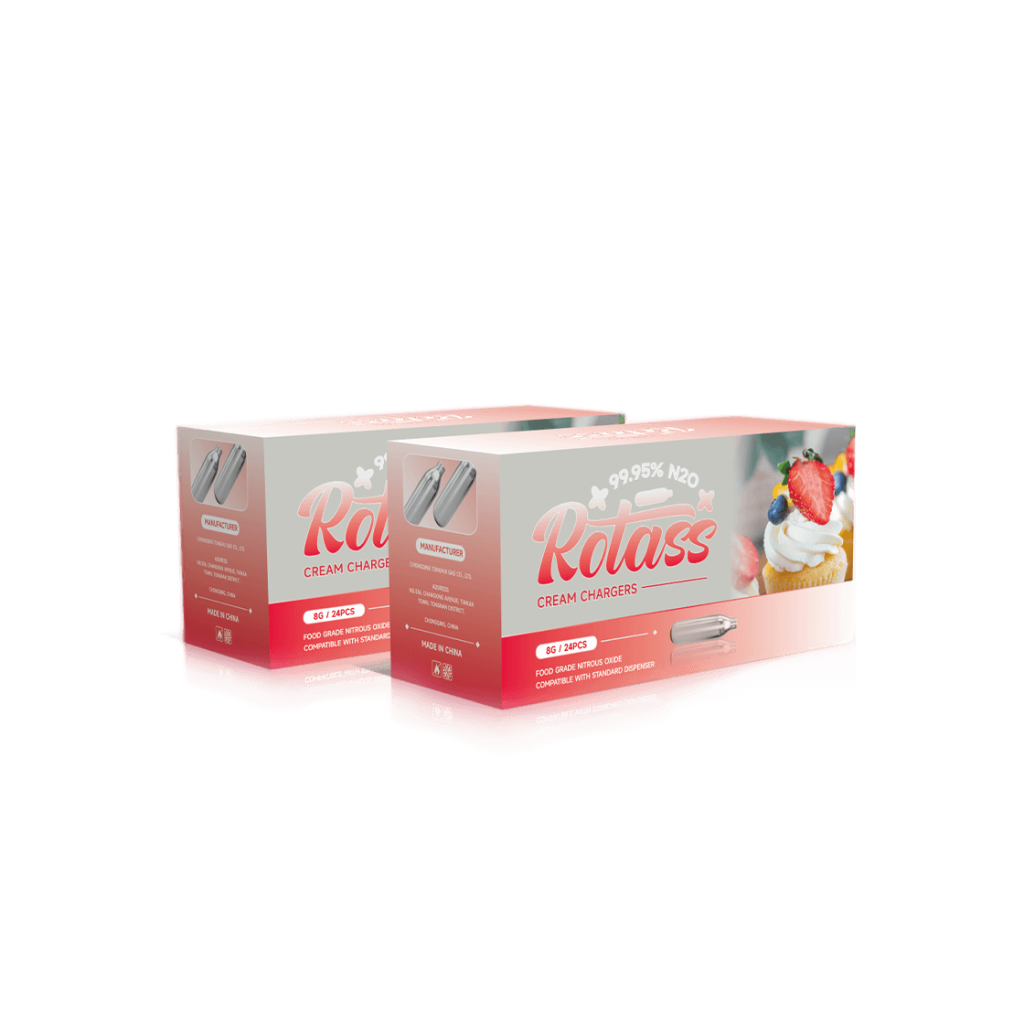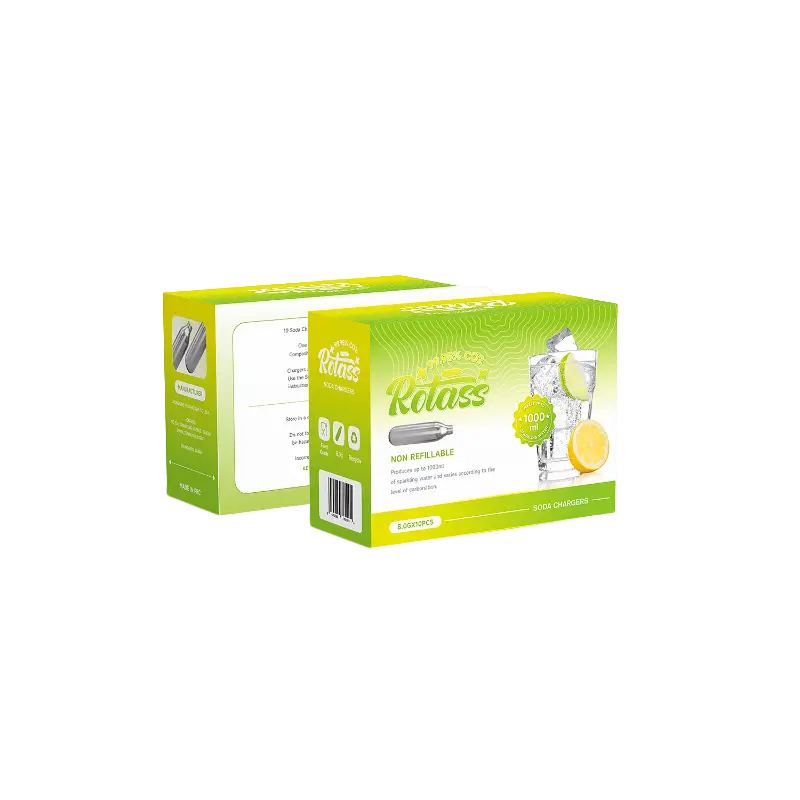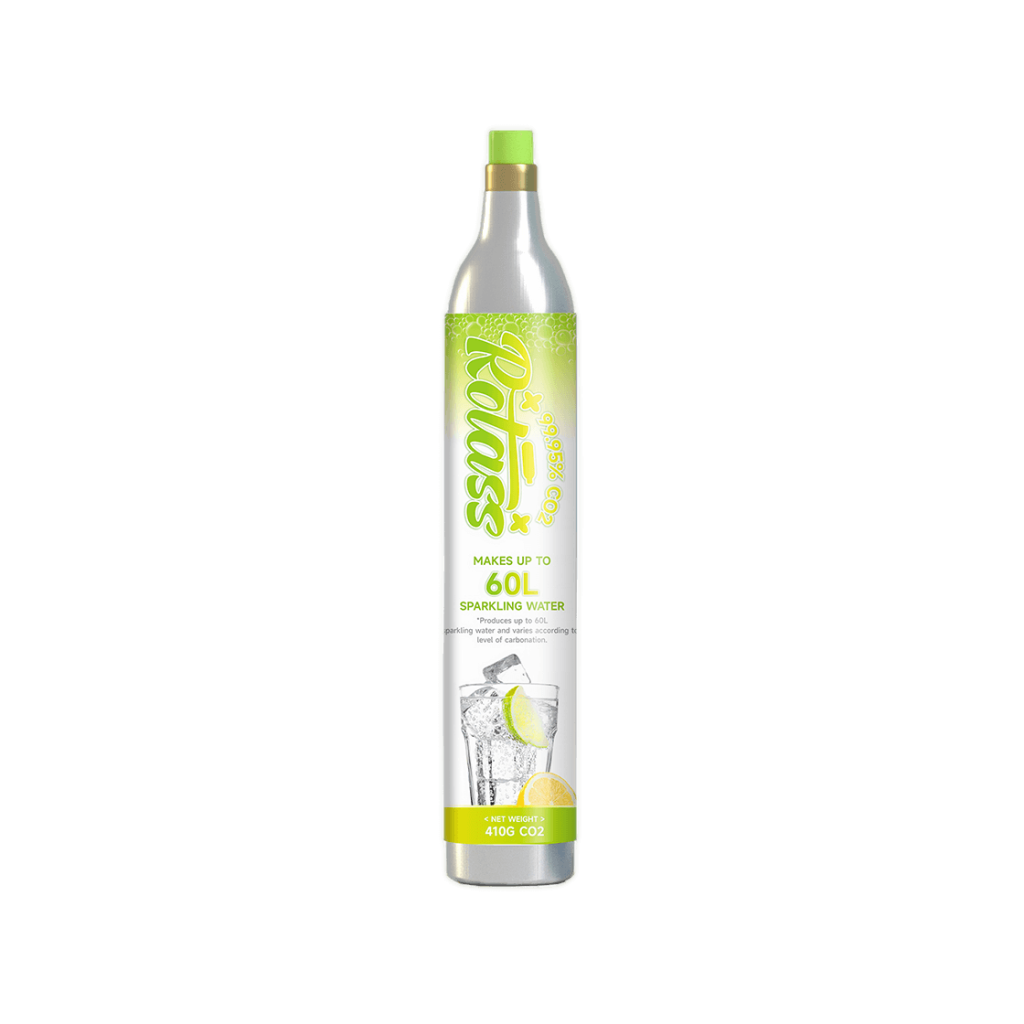2024 / 04 / 17
4 Tips to Use CO2 Carbonators Responsively
CO2 carbonators are a popular tool for carbonating beverages at home, but they can have negative impacts on human health and the environment if not used responsibly. Carbonators can be dangerous if mishandled, and the emissions released during production and use contribute to climate change. To minimize these negative impacts, it is important to use carbonators responsibly and choose products that are produced with sustainability in mind.
In this article, we will explore five tips for using CO2 carbonators responsibly to prevent their negative impact on humans and the environment. These tips cover storing and handling carbonators properly, disposing of them responsibly, considering alternatives to single-use carbonators, using them sparingly, and choosing carbonators from reputable manufacturers. By following these tips, you can enjoy the convenience of carbonators while minimizing your impact on the environment and promoting sustainability.
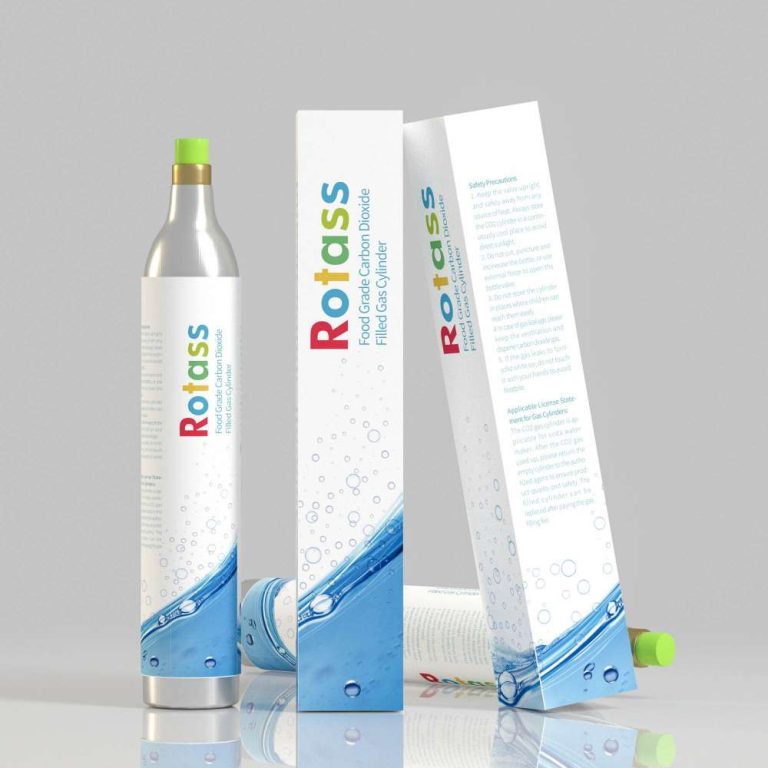
Tip 01: Store and Handle CO2 Carbonators Properly
CO2 carbonators are generally safe to use, but it is important to store and handle them properly to prevent accidents and ensure that they are in good condition when you are ready to use them. Carbonators should be stored in a cool, dry place away from sources of heat or flame. They should also be kept out of reach of children and pets, as accidental ingestion or puncturing can cause serious injury.
When handling CO2 carbonators, it is important to take care not to drop or puncture them. Carbonators can be dangerous if mishandled and should be treated with the same caution as other compressed gas cylinders. When you are ready to use a carbonator, make sure that it is securely attached to your carbonation device and that all connections are tight and properly sealed.
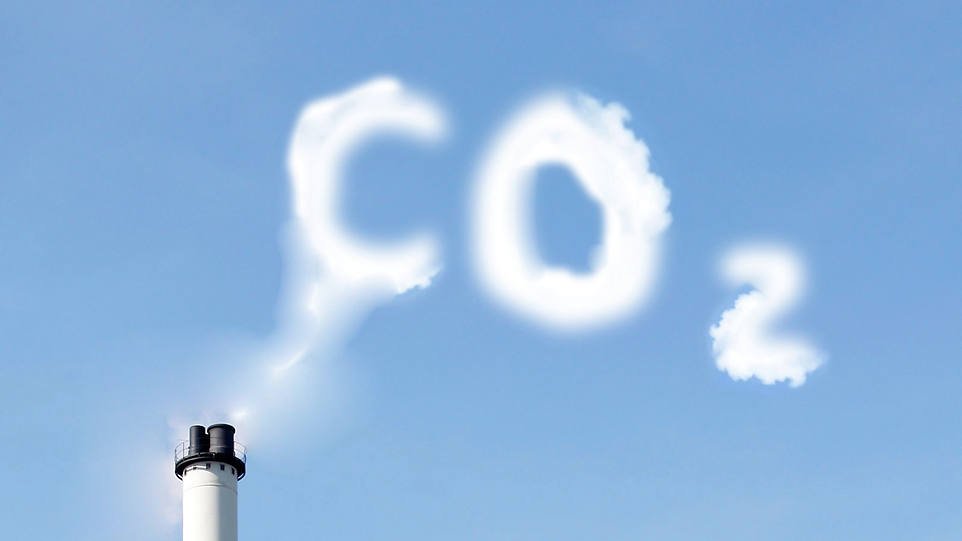
Tip 02: Dispose of Carbonators Responsibly
CO2 carbonators are typically made from recyclable materials such as steel or aluminum. When a carbonator is empty, it should be disposed of properly according to local regulations. In some areas, carbonators can be recycled along with other metal waste, while in others they must be taken to a hazardous waste facility. It is important to check with your local waste management authority to find out the proper way to dispose of CO2 carbonators in your area.
If you are using refillable carbonators, it is important to follow the manufacturer’s instructions for refilling and maintaining them. Over time, even refillable carbonators can lose their ability to hold pressure and may need to be replaced. When it is time to dispose of a refillable carbonator, it should be recycled or taken to a hazardous waste facility if necessary.
Tip 03: Consider Alternatives to Single-use Carbonators
To reduce waste and the need for frequent purchases of single-use carbonators, some companies now offer refillable carbonators that can be used multiple times. These products are a more sustainable option and can help to reduce the overall environmental impact of carbonators. Refillable carbonators can be refilled with CO2 at home or a local gas supplier, and are typically made from durable materials that can withstand multiple refills.
Another alternative to single-use carbonators is to use a soda siphon, which allows you to carbonate water or other liquids using CO2 cartridges. Soda siphons are reusable and can be a more cost-effective and sustainable option than single-use carbonators.
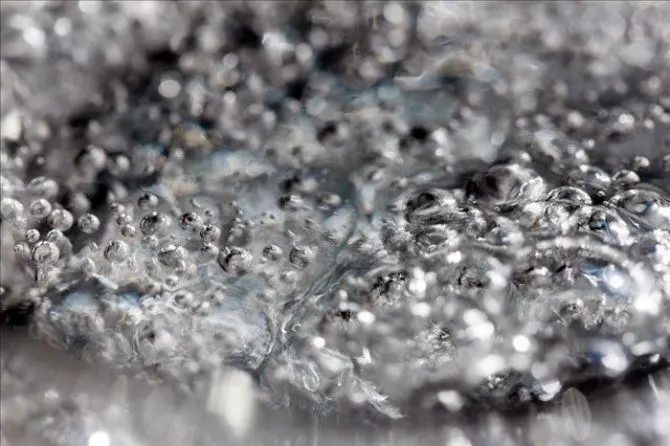
Tip 04: Choose Carbonators from Reputable Manufacturers
When purchasing carbonators, it is important to choose products from reputable manufacturers who prioritize safety and sustainability in their production processes. Look for certifications such as ISO 9001 or ISO 14001, which indicate that the manufacturer adheres to high standards of quality and environmental management.
Choosing carbonators from reputable manufacturers can help to ensure that the products you are using are safe and that they have been produced with minimal impact on the environment. By supporting companies that prioritize sustainability, you can help to drive positive change in the carbonation industry and reduce the overall environmental impact of carbonators.

In conclusion, CO2 carbonators can be a convenient way to carbonate beverages, but it is important to use them responsibly to minimize their negative impact on the environment and human health. By storing and handling carbonators properly, disposing of them responsibly, considering alternatives to single-use carbonators, and choosing products from reputable manufacturers, we can reduce our carbon footprint and contribute to a more sustainable future. Making conscious choices about the products we use and the impact they have on the environment is an important step in protecting our planet and ensuring a healthier future for generations to come.


